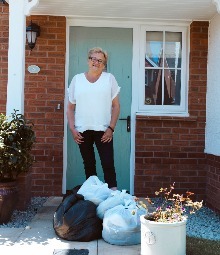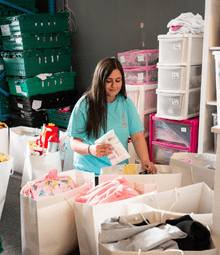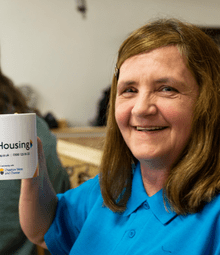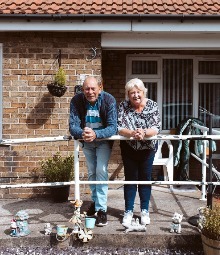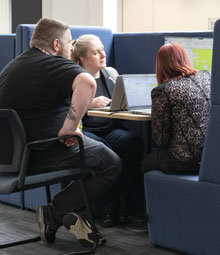What are we doing to keep you safe?
We carry out an annual gas safety check in your home every 12 months, this confirms that the gas pipes and appliances in your home are operating safely. We will work with you to pick an appointment at a time that suits you.
Not only is your safety our top priority, but we’re also required by law to make sure that your home is safe and well-maintained.
This protects you and your community and helps to save you money on your energy bills. By letting us in to do a gas service check at the first appointment, you’ll automatically be entered into a quarterly prize draw for £150.
During the check, we look at your entire heating system and make sure it’s safe. That means checking your gas appliances, pipework and flues, test smoke detectors and carbon monoxide alarms. The inspection usually takes around 45 minutes. We’ll then provide you with a copy of your gas safety certificate around 2 weeks later via post.
What happens if there's a fault?
If we can’t complete the repair at our first visit, we’ll contact you within 24 hours to schedule a follow-up appointment. This usually happens if we need to order parts. If your central heating isn’t working and a repair can’t be actioned immediately, we’ll offer you temporary electric heaters.
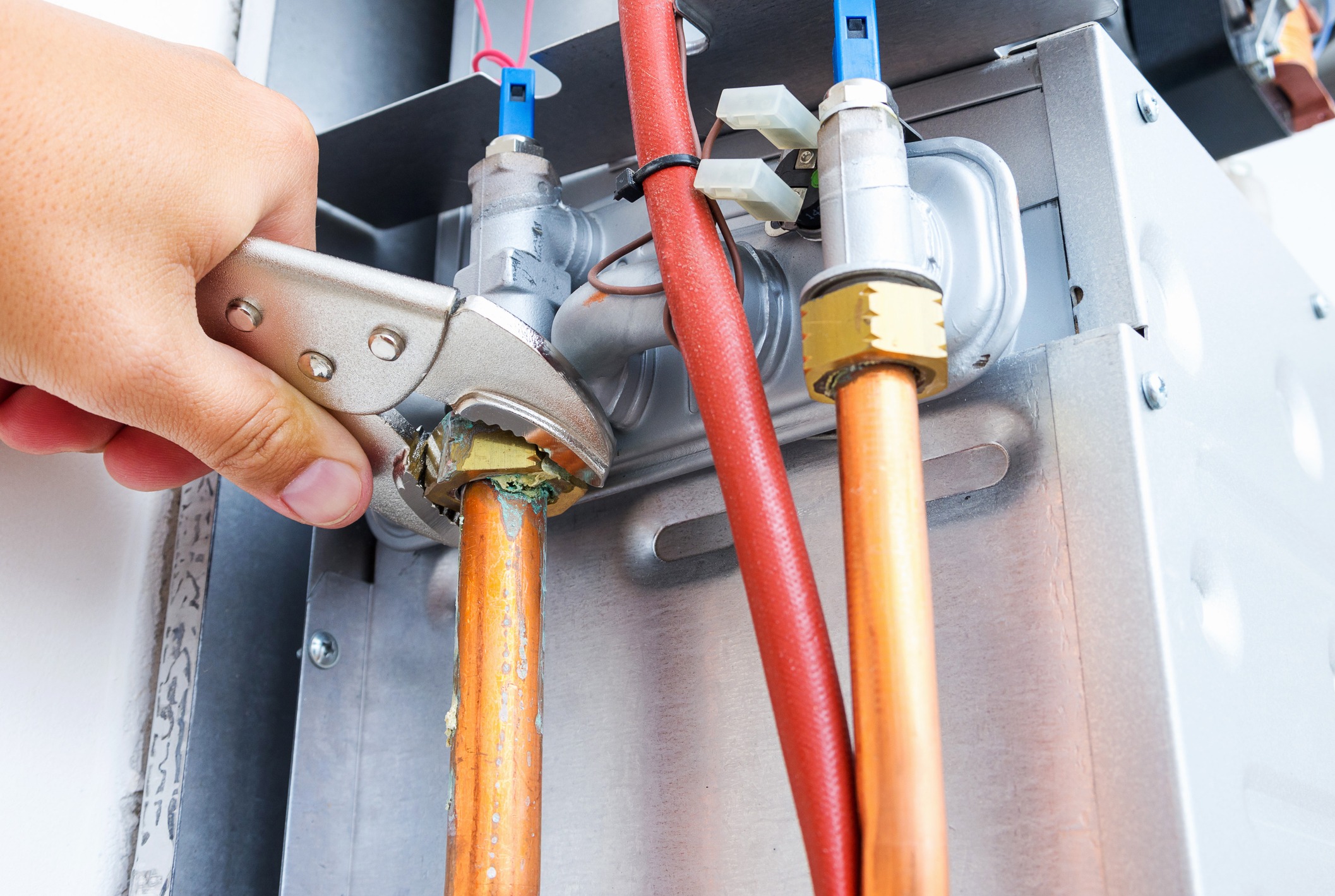
When installed correctly, gas appliances are perfectly safe in the home. However, if your appliances are old, have been poorly fitted or have not been serviced correctly then it increases the chances of a gas leak occurring. Gas leaks can be very dangerous, causing health problems and accidents in the home. Additionally, the release of gas into the air is bad for the environment.
While we will work with you to ensure that your home is kept gas safe, it’s important to know what the signs and symptoms of a gas leak are, and what to do if there’s an emergency.
Gas safety at home
1
Smell
The first thing you’d notice in the event of a gas leak would be a foul smell in the air which is similar to rotten eggs. This is a very distinctive smell, so if you smell this in your home you should call 0800 111 999 immediately for help and advice.
2
Hissing sound
Another symptom of a gas leak is a hissing or whistling sound in the home or near your gas lines. Generally, the louder the noise, the more substantial the leak is, so it’s always best to call a professional straight away if you’re worried.
3
White cloud near the gas line
A white cloud or unusual-looking mist around your house could be another sign of a gas leak or damaged gas pipe. If you notice this, then call your gas company straight away and they will be able to help.
4
Bubbles in water
If you have a gas leak, you’ll most likely find bubbles forming in wet areas around your home or in puddles outside.
A good way to check whether you have a gas leak is to perform the ‘bubbles test’ with soapy water. Simply mix some dish soap with water, and spray or put the solution in the area you think is leaking. If you start to see bubbles showing up, then it’s an indication that you might have a gas leak.
5
Dead houseplants
Unfortunately, the presence of gas can prevent plants from being able to breathe properly and can result in them dying. If you have house plants around your home and you still notice them wilting, then this could be a sign of a gas leak. Additionally, check the areas outside your property for patches of yellow grass or dying flowers, as this might be a sign of a leak coming from pipes underground.






